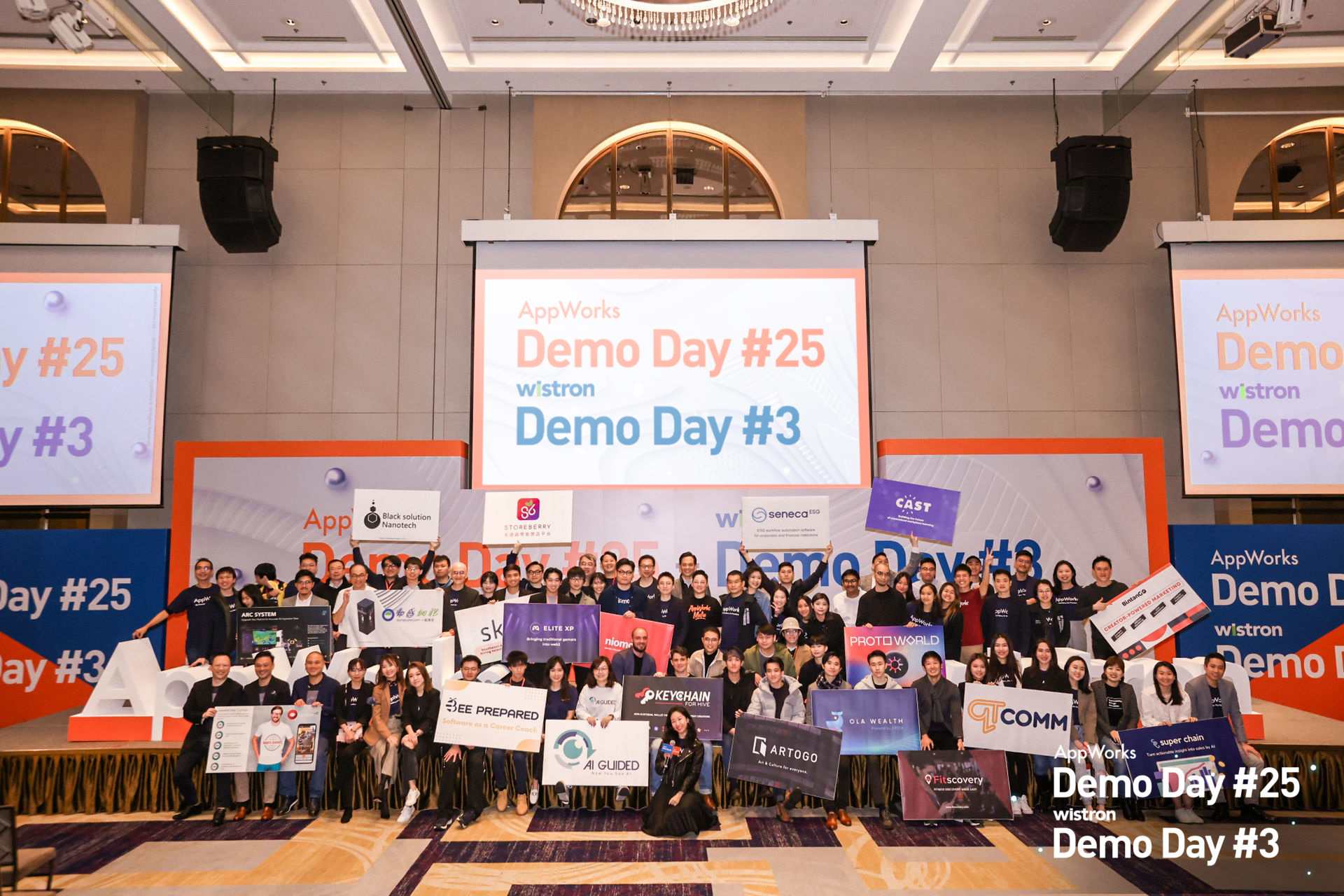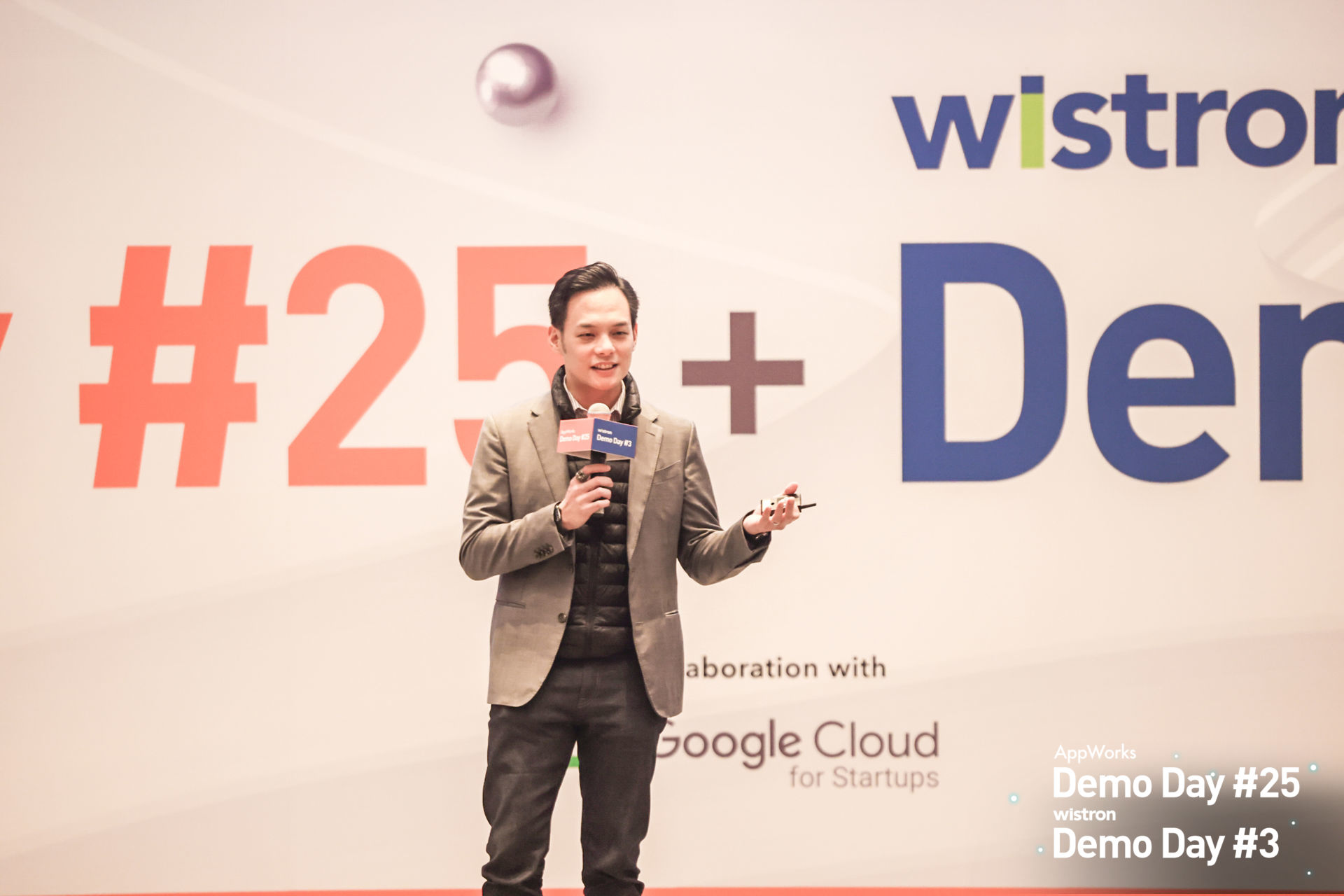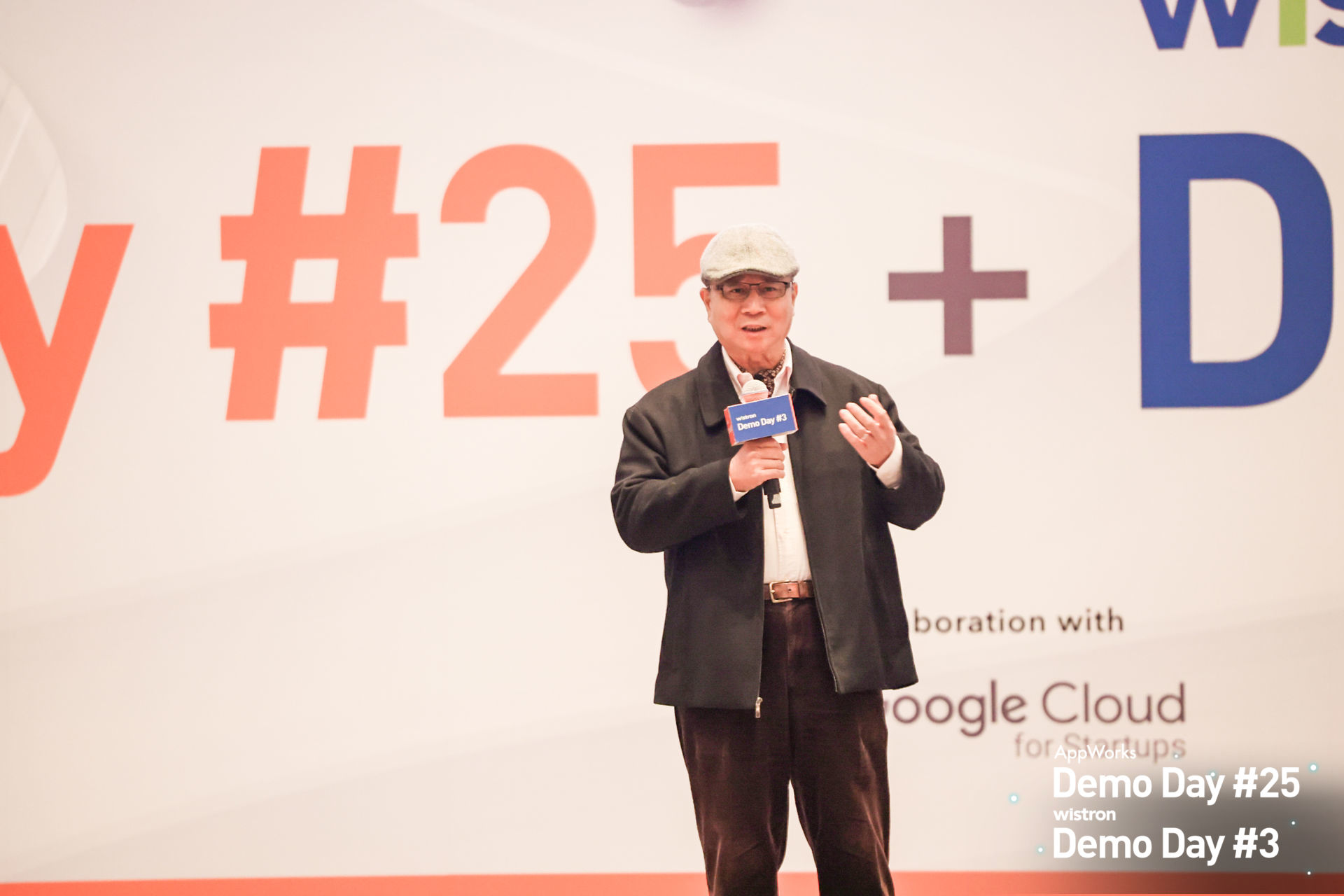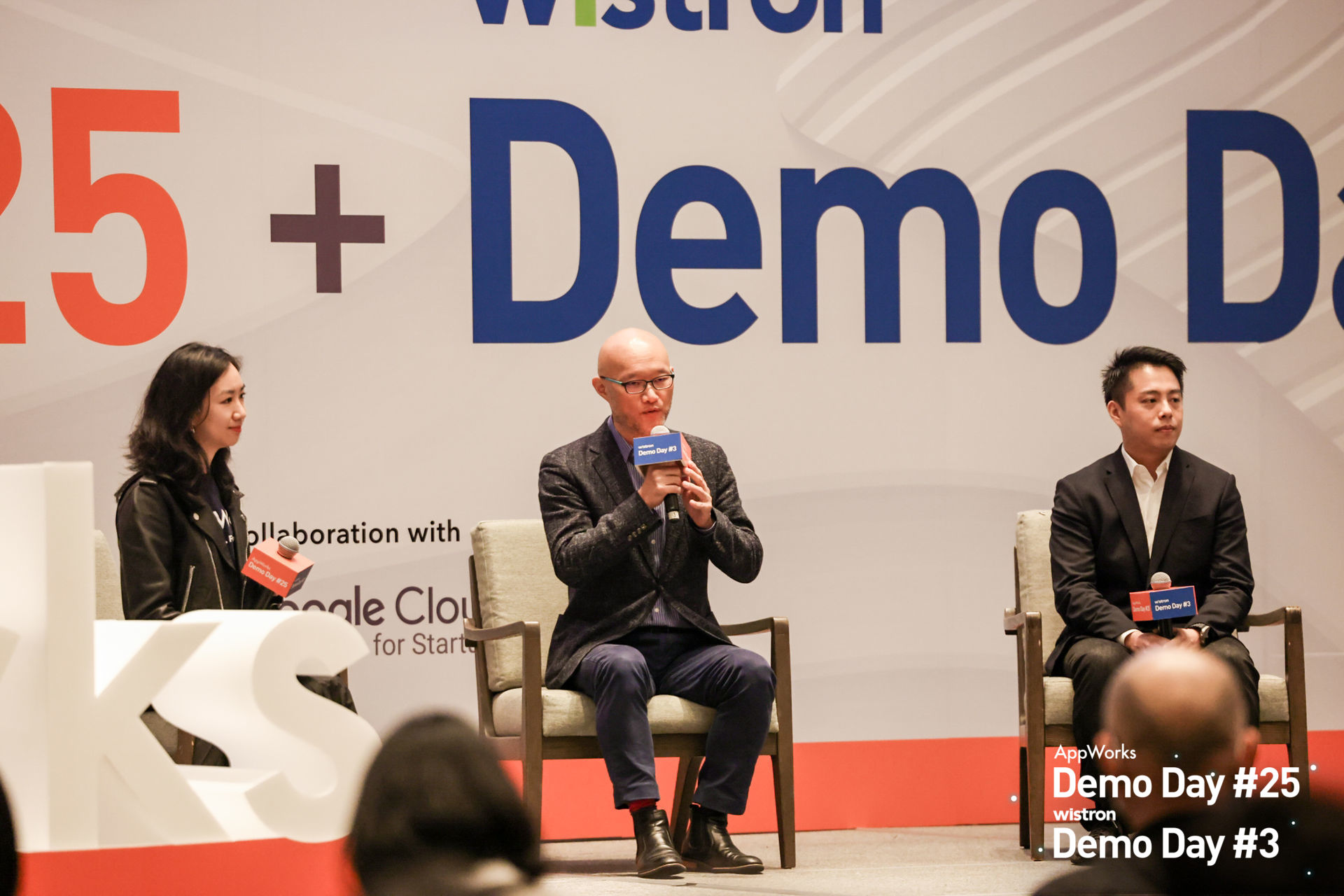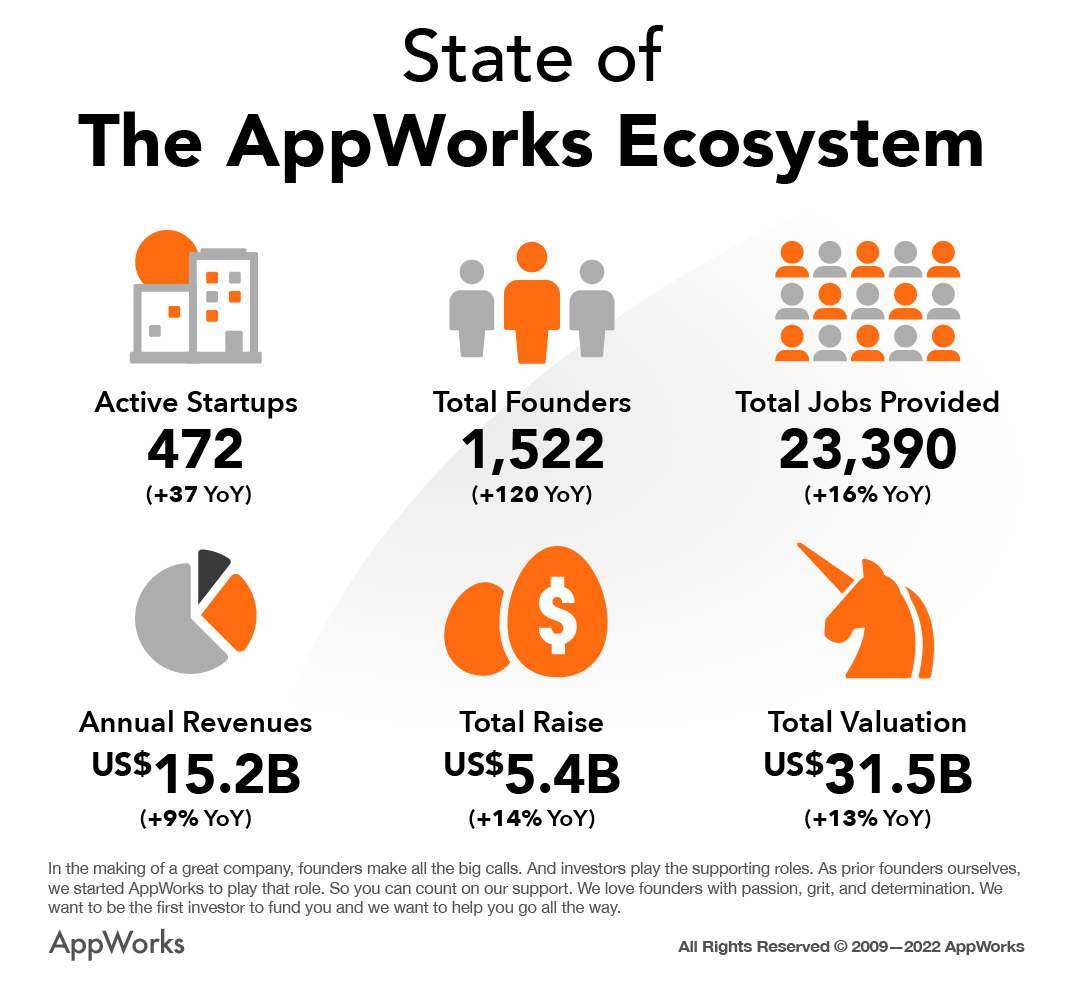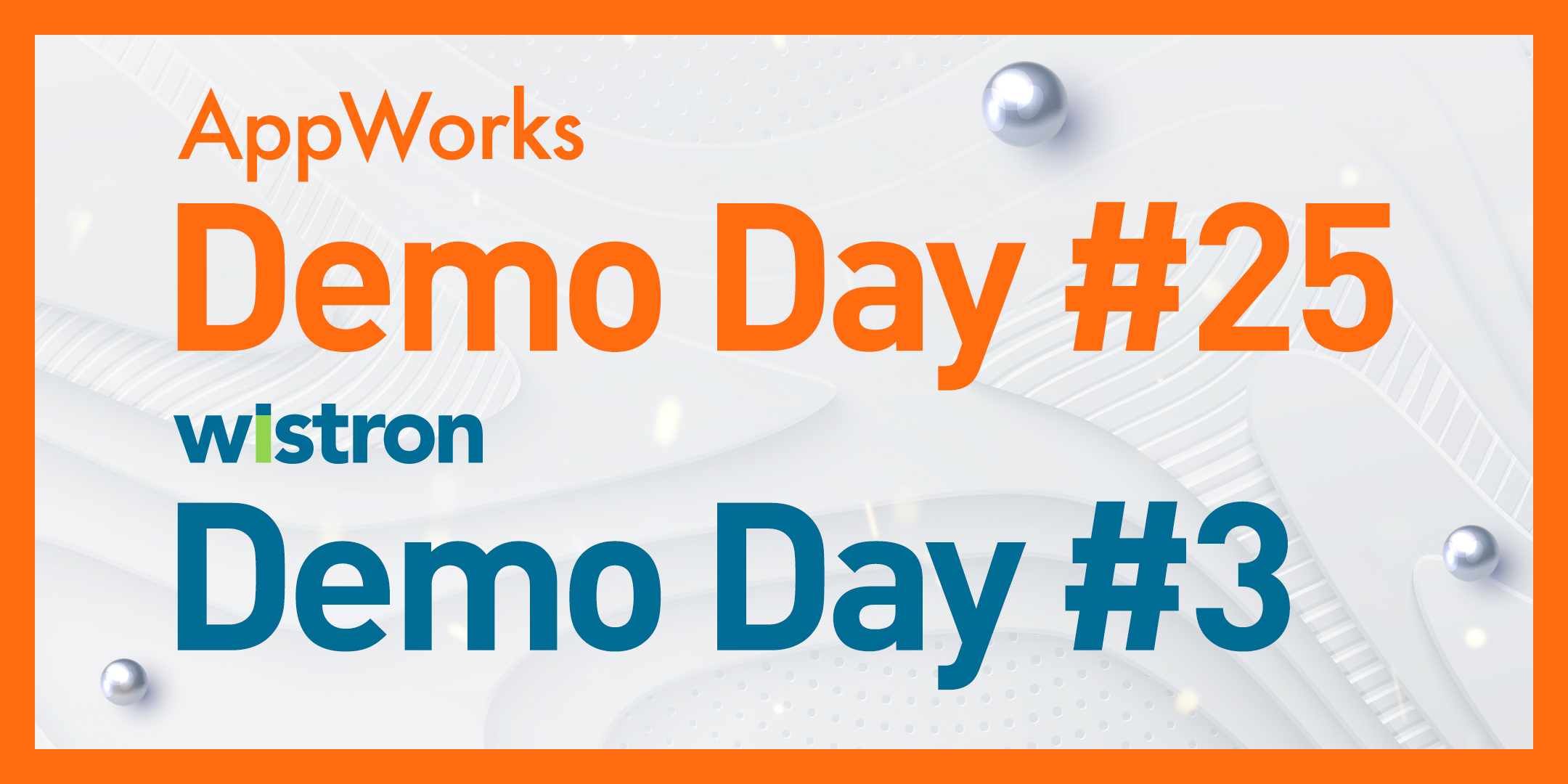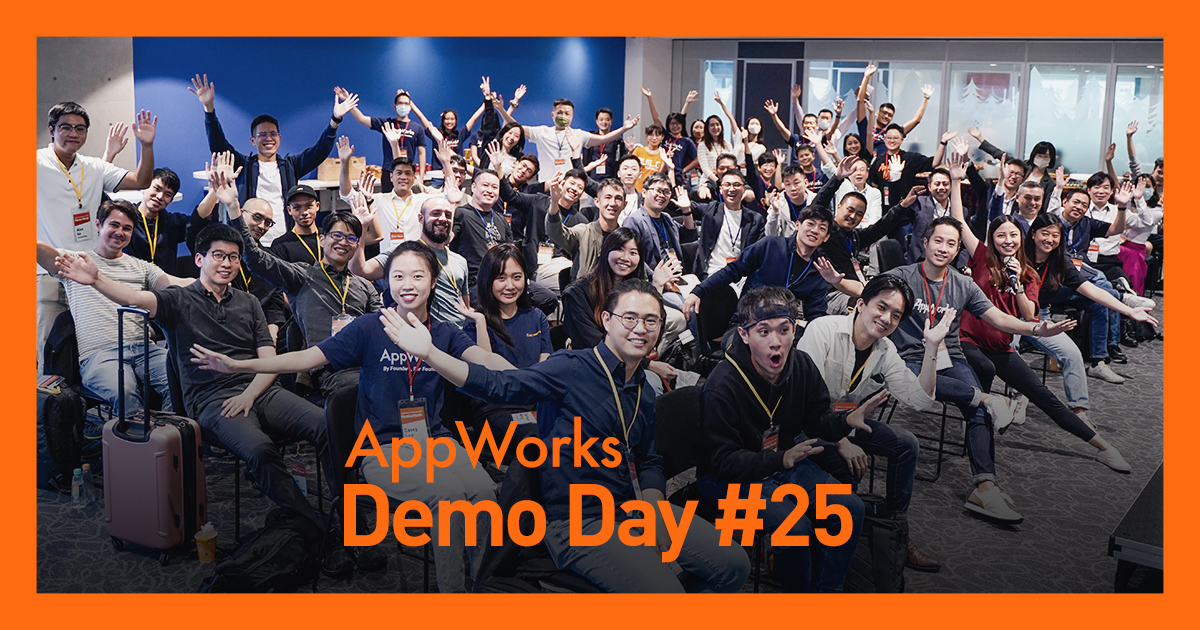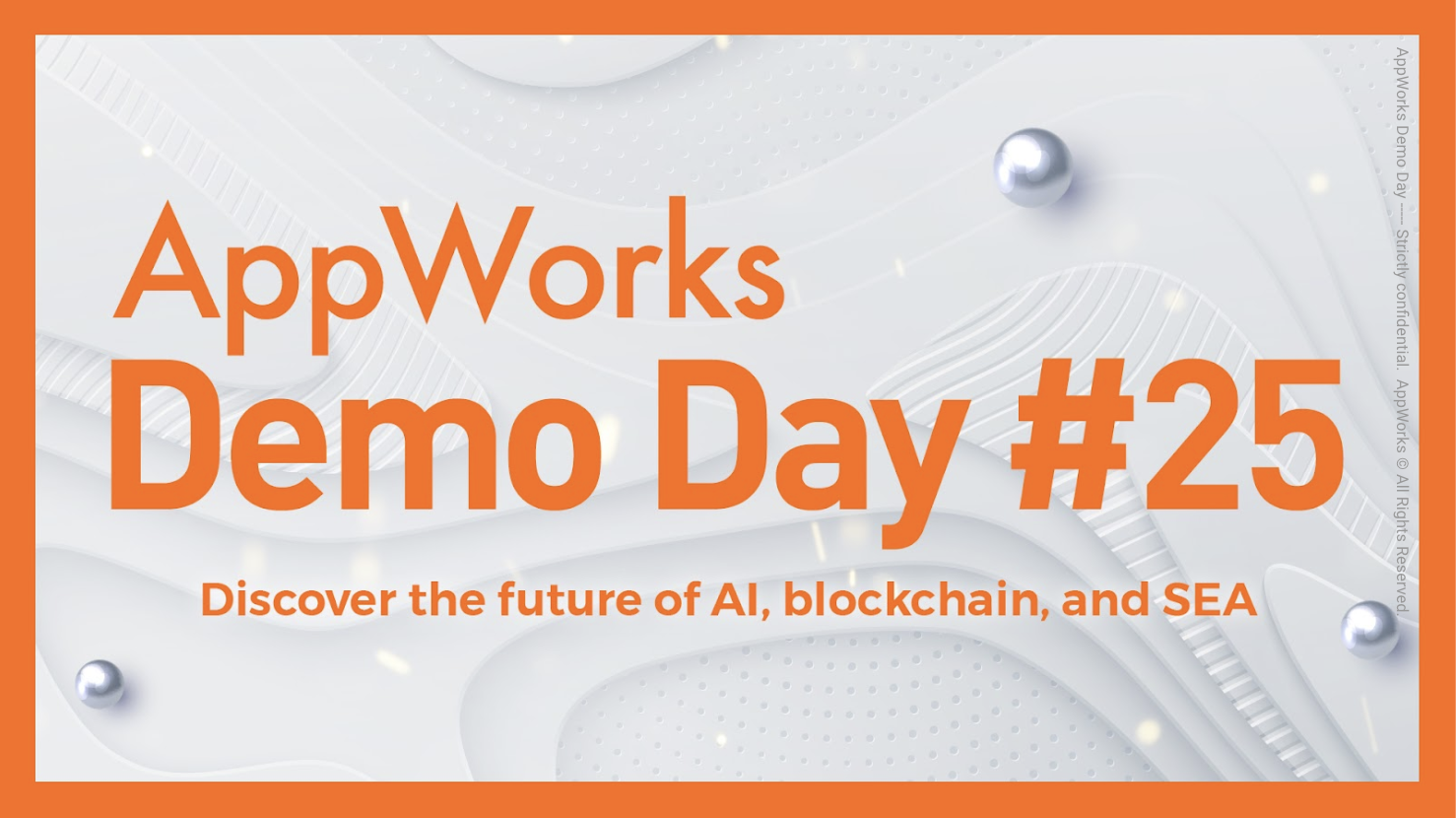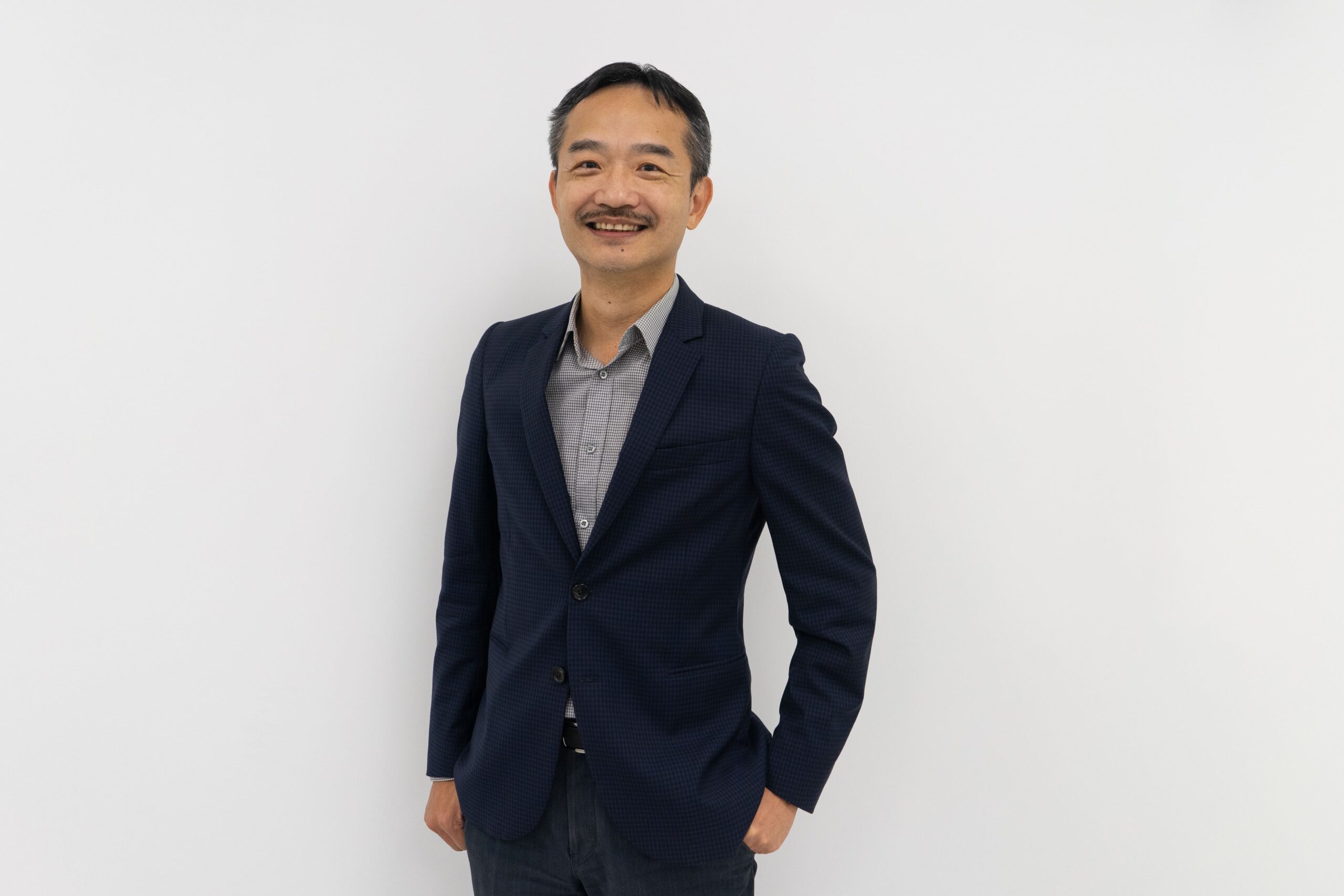
Antony Lee, Communications Master (李欣岳 / 媒體公關總監)
負責媒體與社群溝通相關輔導。加入 AppWorks 前有 18 年媒體經驗,是台灣第一批主跑網路產業的記者,先後任職《數位時代》副總編輯、《Cheers 快樂工作人》資深主編、SmartM 網站總編輯。畢業於交大管科系,長期關注媒體產業變化,熱愛閱讀商業與科技趨勢、企業與人物故事,樂於與人交流分享,期許自己當個「Internet 傳教士」。
大企業與新創合作,是最近幾年大企業提升創新能量的顯學,而緯創資通是最具代表性的指標之一。緯創除了積極鼓勵內部創新外,也透過與 AppWorks 策略結盟啟動 Wistron Accelerator 緯創垂直加速器等多種方式,更大規模、更有系統的與外部新創展開合作,在這過程中,隸屬於技術長辦公室下的價值創新中心 (Value Creation Center,以下簡稱 VCC),是背後的推手單位之一,透過各種穿針引線的引導,將內部與外部的創新能量進行橫向連結,促成各種創新的可能性發生。在與新創合作上,VCC 提供設計服務 (ODM) 以及外部資源連結 (Outreach Business),讓處於創業 Idea 到試產、產量在 10K 以下的早期新創,可獲得完整的協助,同時,也協助新創串接緯創內部各個單位,獲得更大能量的支持。
AppWorks 特別專訪在緯創服務長達 25 年以上的 Benson 秦北辰 (緯創價值創新中心總監),分享緯創長期以來在推動創新的幾個重要階段,以及近年開始與新創深度合作、參加緯創加速器與創業者交流的經驗以及收穫,以下是重點整理:
Q: 在緯創集團內部各事業單位中,VCC 扮演什麼角色?未來有哪些策略和目標?
A: 從 Value Creation Center 的部門名稱,就知道我們的主要目標是創造價值,而不單僅是節約成本。緯創的本業是 ODM / OEM,拼效率、品質、速度、規模是我們長期以來的專業,但緯創還有一點不同的 DNA,就是很強調與重視創新,而創造價值一定會來自創新的加乘,所以從我們的名稱,就可以了解緯創賦予我們的任務和期待。
VCC 成立至今十多年來,我們的角色與目標大致有三個階段的變化。最早的確是幫各 BG (Business Group)、BU (Business Unit) 做一些他們覺得重要,但並沒有人力、時間或能力去看的專案,這是我們部門的出發點,所以這時和各 BG 與 BU 有較深的連結。第二階段,隨著部門逐漸發展,我們開始走在客戶之前,去做一些客戶尚未想到、來不及做的事情,或是下一個世代的產品,我們先幫客戶準備好,來創造更高的價值給客戶。
現在則是我們的第三階段。我們持續在思考,是否可以為公司開創有價值的服務、商業模式或是解決方案。如此一來,可以做哪些事情的空間與彈性變得更大,發展也可更多元。我們一直在尋找天秤兩端的平衡點,一端是與各 BG 和 BU 維持必要的連結,增加他們的價值,同時也要證明我們的價值;另一端是協助緯創做各種更長遠的創新嘗試。
Q: 對於各種創新的嘗試,VCC 有哪些具體的做法?
A: 隨著緯創一路發展,大概可分為鼓勵內部創新與連結外部新創兩種方式。在內部創新上,過去 10 年來,每年會有兩次內部 Demo Tech Day 的 Road Show,共做了 20 次,對內發表各事業單位或是 VCC 的各種創新技術或產品。此外,我們也與其他教育訓練中心合辦過幾次金頭腦,鼓勵內部同仁參與的創新競賽,提出各種創新的產品或商業模式,我們近年不少新產品,例如智能花盆、智能咖啡秤、行動照護智能語音助理等,都是來自金頭腦競賽前幾名的產品,不管參賽團隊來自哪個單位,VCC 都會協助串接與相關 BG 或 BU 的合作,一直在內部產生這種火花,讓團隊能把產品或商業模式完完整整的做出來。
另一種方式,則是連結外部新創,將他們創新的技術、產品、服務或商業模式與緯創展開合作。這是最近這三、五年,VCC 所扮演更明顯的角色,從原本 Inside Out 變成 Outside In,跟外部的新創一起學習、一起共創價值。因為整體產業變化得更快、也更多元,緯創各 BG、BU 內部,也逐漸在成立自己類似 VCC 的團隊,關注未來一到兩年內的新技術、新產品,主要服務的對象是既有的 ODM 與 OEM 客戶,我們則關注三、五年以後或是更長期的機會。從結果來看,VCC 這幾年為內部帶來了正面影響,創新變成了一種 DNA,各單位都更加重視,陸續開始有類似 VCC 的團隊。
VCC 另外一個角色,則是協助內外部的各個單位產生橫向溝通與連結。因為各 BU、BG 或是子公司,都有自己核心的專注重點,有時難免會無法掌握外面發生了什麼變化,我們的角色,就是希望創造更多橫向連結,包括內部之間,以及協助外部新創連結緯創內部單位。在內部,各 BG、BU 開發新產品時,可能會缺一些 EE (電子工程)、ID (工業設計)、UI / UX 之類的技術,這時就會尋求我們的支援,例如緯創開發可應用在醫療養護、購物中心、大眾運輸、物流倉儲、工廠等不同場域的 AMR (Autonomous Mobile Robot,自主移動機器人) 車隊,ID 與 UI / UX 都是有 VCC 提供支援的部分。對外部新創,我們也可協助連結內部的技術與製造,例如,在疫情期間有一個工研院出來的新創團隊,產品是抗菌液製造機,運用化學的電解技術,可將自來水電解為高活性氧的抗菌液,產品的瓶身、充電設備等,就是我們協助設計和製造出來的。
我在緯創已服務超過了 25 年,VCC 成員組成也很多元,除了有像我一樣的資深員工,也有很年輕的同仁,若以 5 年為一個世代,我們團隊成員橫跨了 5 個世代。這樣的多元背景,讓我們很適合擔任橫向串接內外的橋樑,對我個人來說,能具體創造出一些成果,又能多看看外界在做什麼,非常 Enjoy。
提供全方位服務給早期新創
Q: 在與新創合作選擇上,VCC 的目標是哪個階段、哪些領域的新創?
A: VCC 可以為新創提供全方位設計服務 (ODM) 以及外部資源連結 (Outreach Business),簡單說,從創業 Idea 到試產、產量在 10K 以下的早期階段,我們都有很完整的協助。包括產品設計、需求或行銷研究、UI / UX、軟硬體與 CMF (Color、Material、Finishing) 研發、小批量打樣、原型製作、試產等,另外,我們也跟 MIT 等國內外一流的學術單位長期合作,可以協助新創導入前瞻技術;若新創團隊有需要,我們也會輔導產品上架 Kickstarter、嘖嘖等群眾募資平台,或是 Amazon 等電商網站,去學習如何做電商。
新創在不同階段,會有不同的需求,緯創目前規劃由三個單位來協助。CVC (企業創投) 著眼在新創 Funding 上、VCC 聚焦在 Function 面向,另外我們有 IIC (Innovation Integration Center,新創整合中心) 協助新創小規模量產,讓優秀的新創跟我們合作時,要錢有錢、要技術有技術、要生產有生產,當新創正式進入 Scale-up,量產規模大到 BG、BU 願意接時,我們會再協助串接,成為未來更長期的客戶。
我們並沒有太受限與哪些領域的新創合作,回到市場需求上,我會定義為老人與狗、生活品味、ESG 這幾個面向。在銀髮族的照顧和養護、寵物經濟,或是運用 AI、IoT、Sensor、Cloud 等技術的生活應用,以及開發對環境友善產品與商業模式的新創,都是我們很樂意合作的對象。
在與新創合作時,我們是抱著互相尊重、創造雙贏的態度。在緯創的 Logo 中,Wistron 的 i 有特別 Highlight 出來,代表了 Innovation 與 Integrity 兩個重要的精神,我常常很自豪的說,我很幸運可以跟 Innovation 的這個 i 搭得比較深。另一個代表 Integrity 的 i,它應該是我們做為 ODM / OEM 廠商最基本的 DNA,我們從來不會剽竊客戶的 IP,把別人的 IP 拿來做自己產品,與新創的合作,也同樣基於這個精神,我們都有簽雙向 NDA (保密協議) 保護雙方的 IP,也許過往在業界有一些不好的企業,會把合作新創的 IP 拿走,但我待在緯創至今,從沒有聽過我們想要佔別人這種便宜,在外面稍為 Check 或打聽一下,就知道我們從來沒有這樣的紀錄。
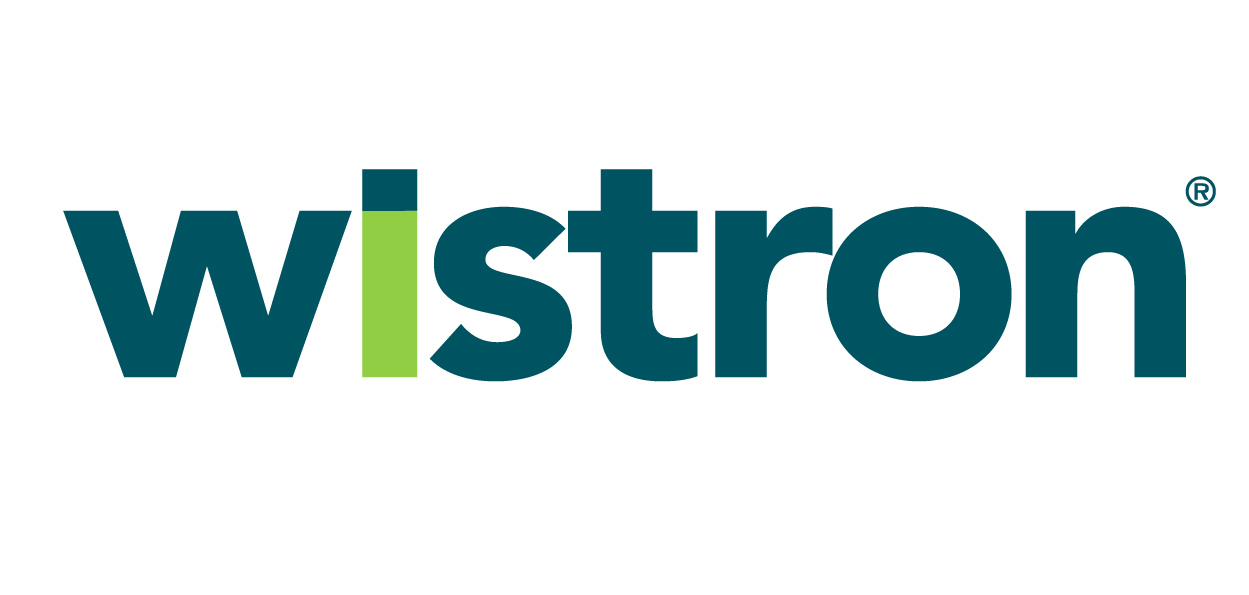
Q: 新創在與 VCC 合作,使用由 VCC 提供的服務時,如何收費?
A: 基本上 VCC 是 Cost Center 單位,而非 Profit Center。但我們的目標,是為緯創創造長期的價值,所以本身並不需要背負短期營收或獲利的財務目標,但所有的服務,還是要 Cover 最起碼部門營運的成本。所以基本上,我們不會免費提供服務,但收費、付款方式,甚至生產數量,會提供新創很大的彈性,有很多種方案,因為我們理解創業本身有很高的風險,也各有不同的考量,我們都有配合的方式。
Q: 在你過往與新創合作,或是緯創加速器運作一年半以來,在與創業者的交流過程中,你有哪些個人的觀察或 Takeaway 嗎?
A: 到目前為止,我們都很正面看待與新創的合作。與新創或創業者的合作,不敢說我們是 Mentor,但至少我們可以貢獻一些意見與建議,我覺得這過程更像是互相交流和學習,若從現實面來說,這樣的過程,也的確可以協助緯創接觸到一些具有潛力的未來客戶。
另一個我們之前沒想到的收穫,則是透過 AppWorks 協助招募、篩選後加入緯創加速器的新創,多元性遠超過預期。例如 2022 年 9 月到 12 月的第三屆,我們看到有涵蓋 FinTech、AR、材料科學、IC Design 等領域的新創,透過與他們的交流,不只讓我們對最前緣的產業變化、產品與商業模式開發有更深入了解,也可看到 VCC 以及緯創集團其他參與單位能提供新創實質上的幫助,非常有成就感。
前一陣子,與我們談論過的新創 PackAge+ 配客嘉,就是我非常欣賞的新創之一。台灣電商每年要出貨上億個紙箱作為包材,其中絕大多數只使用一次,非常浪費且不環保,他們運用材料科技推動循環包裝,以回收寶特瓶再製成包裝袋可重複使用 30 次以上,已與台灣多家電商開始合作,並在疫情期間,談下全家便利商店超過 3,000 個門市的回收據點。我一直覺得環保、ESG 理念很棒,但要把它具體變成一個賺錢的生意,真的很不容易,他們願意挑戰這個題目,也做出很不錯的成績。
Q: 對於想要申請緯創加速器,或是想要與 VCC 展開交流合作的新創,你有哪些建議?
A: 我認為最重要是不要自我設限的心態。申請時,不用馬上先去想要跟緯創的 ODM、OEM 事業,或是哪個單位產生連結,再去想要做什麼題目,我反而覺得,內部各單位加入緯創加速器的高階主管們,都很 Humble 與 Open,也不只是我們在幫新創,同時也在創業者與新創身上學習很多,例如,我就不相信我們會比做 IC Design 的新創更懂晶片,所以新創只要符合 AI、物聯網、雲端、資安、教育、醫療這幾個設定的大範圍,我們都很歡迎、都很願意嘗試各種可能性,我相信在加速器期間幾個月的交流中,一定會慢慢找到一些合作的聚焦點。
再來,就是希望創業者的夢想要大,因為做一家企業,如果夢不夠偉大,應該是沒有人會記住。除了偉大的夢想外,也需要有築夢踏實的能力。
【歡迎所有 AI、物聯網、雲端、資安、教育與醫療科技的創業者,加入 Wistron Accelerator 申請】
